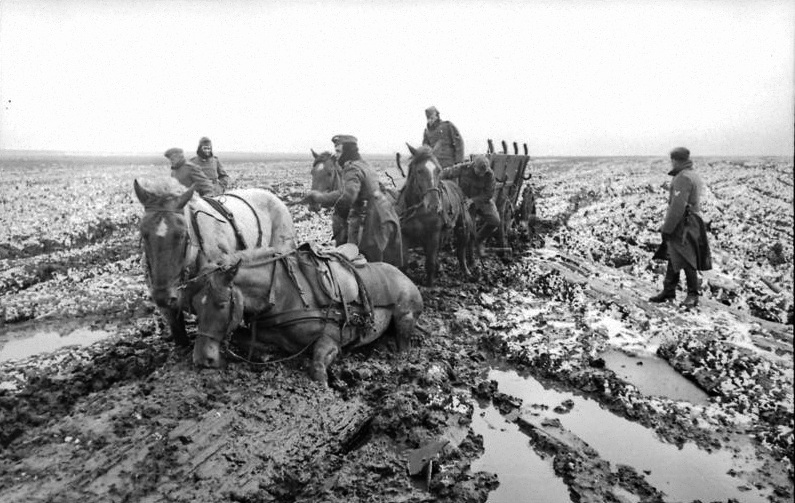So, in figuring this out, how is the United States factored in? I figured, at a minimum, stepped up lend lease. Germany certainly couldn't outproduce both. Eventually, the sheer amount of material would allow the western forces to land somewhere. At a minimum, as bloody a campaign as it was, I don't think the allies would have been bogged down in Italy forever. If they were, they could still try a D-Day or move to Southern France. Germany could not guard the entire coast of France, Belgium, and Spain.


